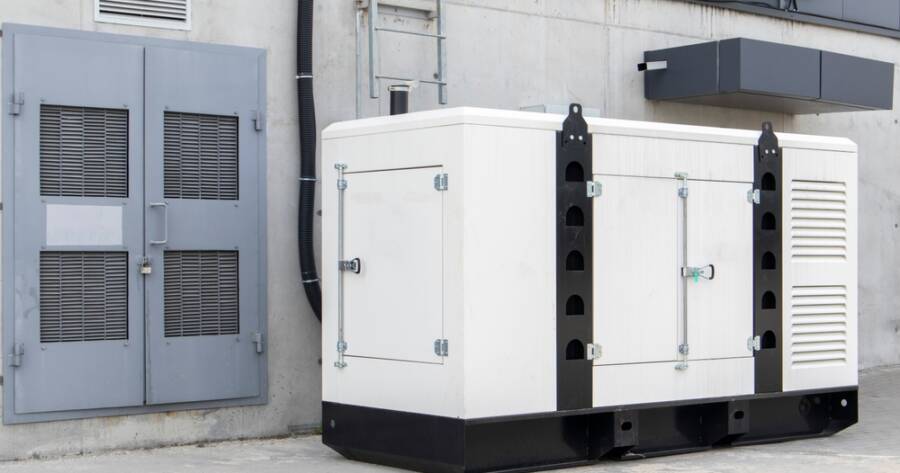In the fast-paced industrial world, power resilience is vital for facilities such as manufacturing plants, hospitals, and data centers to prevent costly disruptions. Backup generators play a crucial role by ensuring an uninterrupted power supply during outages. With a focus on initial and long-term costs, environmental benefits, and battery energy storage systems, the exploration of industrial backup solutions reveals how they support operational efficiency and sustainability. Dive into the critical aspects of these power strategies.
The Importance of Backup Generators
In today’s fast-paced industrial landscape, ensuring power resilience and continuity is crucial to avoid operational disruptions. Power resiliency is vital for facilities such as manufacturing plants, hospitals, and data centers that rely heavily on a steady power supply.
An unexpected power outage can lead to significant losses, not just financially but also in terms of equipment damage and safety hazards. To mitigate these risks, backup generators serve as a critical component of energy management strategies, seamlessly supplying power during outages and safeguarding operations against various disruptions.
Understanding Cost Considerations
When assessing industrial power solutions, understanding the cost breakdown is of paramount significance. Initial costs are a major factor. A high-end industrial generator, for example, costs around $12,500, significantly lower than the initial expense of a battery power-station solution such as the Raptor Power-Station 15XL, which costs $30,000.
However, this upfront cost is only one part of the picture. Operational costs, including maintenance and fuel, must also be factored into the overall financial evaluation when choosing a backup power solution.
Long-Term Operational Costs
Over a decade, the operational expenditure for a diesel generator, largely driven by fuel costs, amounts to $77,000. In contrast, using a battery power-station incurs electricity costs of $34,258.82 for charging.
Thus, despite its higher initial cost, the battery solution leads to significant savings in the long run, with a total 10-year cost of $64,258.82 compared to $89,500 for the generator. This comparison highlights not only financial savings but also potential gains in reliability and reduced maintenance issues.
Environmental and Sustainable Benefits
The environmental impact of power solutions is increasingly significant in decision-making processes. Battery power-stations offer a compelling advantage as they produce zero emissions during operation, aligning with modern sustainability goals.
Beyond reducing the carbon footprint, such solutions may also bring financial perks like tax incentives. The clean energy profile of battery backups compared to traditional generators underscores their suitability for businesses aspiring for eco-friendly operations.
Evaluating Battery Energy Storage Systems
For industrial facilities considering backup power solutions, battery energy storage systems (BESS) present an enticing alternative. BESS enhance power resilience by capturing and storing energy to be deployed when needed, offering reliability and efficiency.
They integrate seamlessly into existing infrastructures, ensuring uninterrupted power supply during outages. Their importance lies not just in backup capabilities but also in managing energy demand proactively, contributing to overall energy strategy.
Considerations in Choosing Backup Solutions
Choosing the right backup power solution involves evaluating multiple criteria such as cost, lifespan, and maintenance requirements. The type of battery—whether lead-acid, nickel cadmium, lithium-ion, or nickel-hydrogen—can significantly influence these factors.
Facilities seeking tailored solutions should consider specialized evaluations from providers like PowerSecure, who offer custom systems designed to meet specific operational needs and enhance power resilience.
Why You Should Learn More About Industrial Backup Generators Today
Understanding the cost dynamics and benefits of backup generators is essential for making informed decisions about industrial power solutions. From the financial implications of initial and operational costs to the environmental advantages offered by battery systems, exploring these aspects can unlock significant operational efficiencies and sustainability gains.
Industrial stakeholders should delve deeper into the varied options available to enhance their power resilience, ensuring a robust strategy that supports both current operational needs and future growth ambitions.




